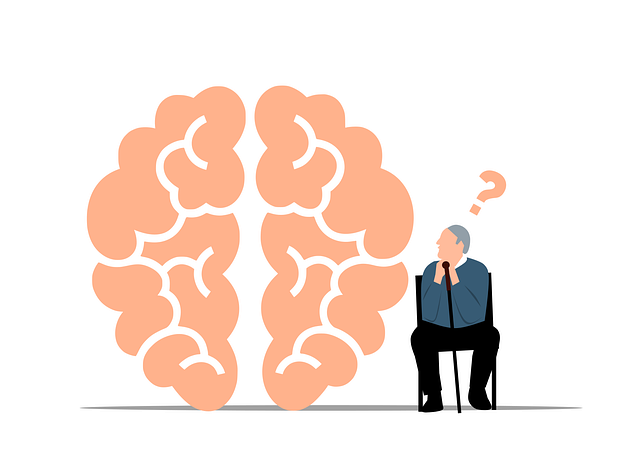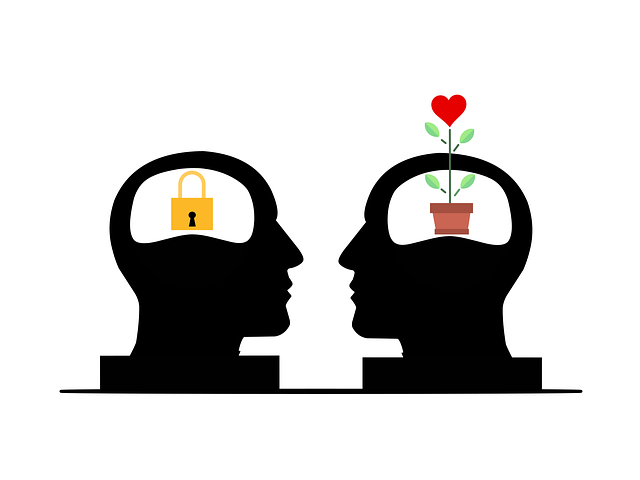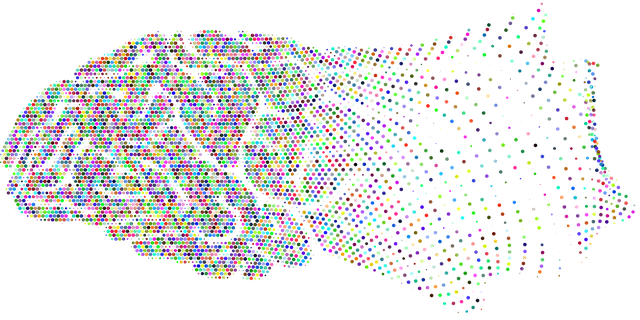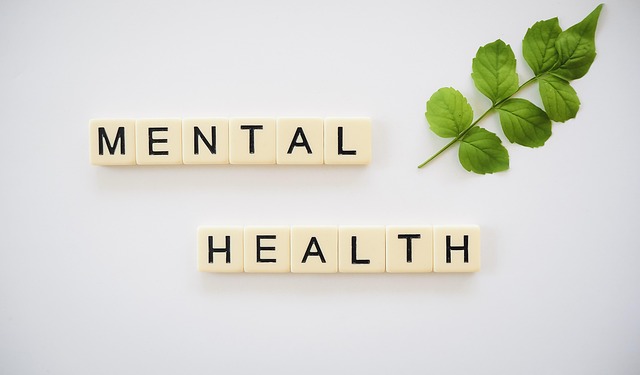In Arvada, efforts to combat stigma around mental illness, particularly ADD/ADHD, have gained traction through public awareness campaigns and community initiatives. These programs educate residents, dispel myths, foster empathy, and encourage professional evaluations without judgment. Arvada's innovative ADD-ADHD evaluations offer personalized therapy that goes beyond standard diagnostics, addressing root causes with compassion to reduce stigma and empower individuals. Community-centric approaches, including therapy, support groups, and education, challenge stereotypes, promote understanding, facilitate access to care, and foster social acceptance for those struggling with ADD-ADHD in Arvada.
Mental illness stigma, a pervasive societal issue, significantly impacts individuals’ willingness to seek help. This article delves into understanding stigma, its profound effects on mental health, and explores effective reduction strategies. We spotlight Arvada’s innovative approach with ADD-ADHD evaluations, showcasing how personalized therapy empowers individuals. By combining comprehensive awareness with practical tools, communities can foster a more supportive environment, encouraging open conversations about mental well-being and reducing the barrier to care.
- Understanding Stigma and Its Impact on Mental Health: A Comprehensive Overview
- Arvada ADD-ADHD Evaluations: Unlocking the Path to Personalized Therapy
- Strategies for Effective Stigma Reduction: Empowering Individuals and Communities
Understanding Stigma and Its Impact on Mental Health: A Comprehensive Overview

Stigma surrounding mental illness is a significant barrier to individuals seeking help and support for their well-being. It can manifest in various forms, such as discrimination, prejudice, or negative stereotypes, leading to social isolation and increased distress for those affected. The impact of stigma extends beyond personal experiences; it discourages open conversations about mental health, hinders access to quality care, and perpetuates a culture of silence. This, in turn, exacerbates existing challenges faced by individuals with mental health concerns, including anxiety, depression, or conditions like ADD/ADHD, which require professional evaluations and therapy for effective management.
In Arvada, efforts to reduce the stigma associated with mental illness have gained momentum through public awareness campaigns and community initiatives. These programs aim to educate residents about the realities of mental health, dispel myths, and foster empathy. By promoting Mental Health Awareness, these initiatives encourage individuals to seek help without fear of judgment, ensuring that everyone has equal access to the Trauma Support Services they need. This comprehensive approach is vital in creating a supportive environment where people can openly discuss their experiences and embark on journeys towards recovery and improved mental well-being.
Arvada ADD-ADHD Evaluations: Unlocking the Path to Personalized Therapy

In Arvada, ADD-ADHD evaluations are transforming the way individuals access personalized therapy. These comprehensive assessments go beyond typical diagnostic tools by factoring in each person’s unique experiences and challenges. By delving into symptoms, environmental influences, and neurobiological aspects, healthcare professionals can craft tailored treatment plans that address not just the symptoms of Attention Deficit Disorder with Hyperactivity (ADHD), but also underlying causes contributing to mental illness stigma reduction efforts.
The process prioritizes compassion cultivation practices, fostering an environment where individuals feel understood and supported. This approach is crucial in burnout prevention strategies for healthcare providers, ensuring they remain empathetic and effective in assisting those seeking help. Through Arvada ADD-ADHD evaluations, the community is taking a proactive step towards normalizing conversations about mental health, breaking down barriers, and empowering individuals to embrace personalized therapy as a path to holistic well-being.
Strategies for Effective Stigma Reduction: Empowering Individuals and Communities

Stigma reduction efforts must focus on empowering both individuals affected by mental illness and their communities. For those struggling with conditions like Arvada ADD-ADHD, therapy can play a pivotal role in managing symptoms and fostering self-acceptance. Support groups and peer mentorship programs empower individuals to share their experiences, challenge stereotypes, and offer encouragement.
Communities can also contribute through education initiatives like stress management workshops organized by local healthcare providers or cultural competency training for healthcare professionals. By promoting understanding and empathy, these efforts break down barriers and create a more inclusive environment. Encouraging open conversations about mental health, normalizing difficult topics, and cultivating positive thinking can further reduce stigma, ultimately supporting those dealing with challenges like ADD-ADHD in Arvada through enhanced access to care and improved social acceptance.
Mental illness stigma reduction is a multifaceted approach that involves education, personalized therapy like Arvada ADD-ADHD evaluations, and community empowerment. By understanding the profound impact of stigma on mental health and implementing effective strategies, we can foster a more inclusive society where individuals receive the support they need without fear of judgment. This collective effort is crucial in enhancing mental well-being and ensuring everyone has access to the resources that promote healing and growth.














